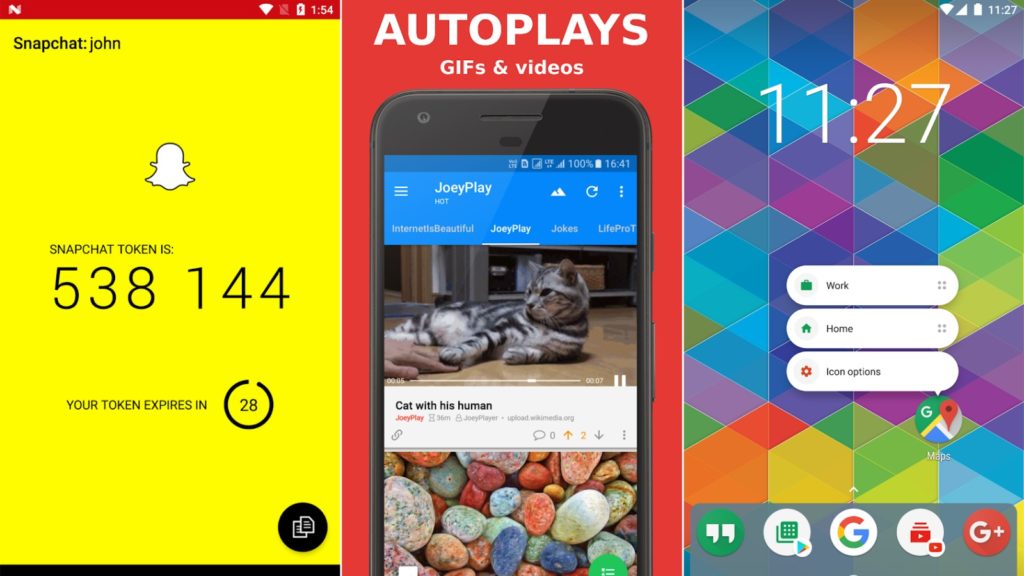Throughout my relatively brief stint as a smartphone reviewer, I’ve noted a bit of a pattern in my own workflow. Whenever I get a new Android phone to review, there are a set list of apps I download almost immediately. Without fail.
I’m not talking about common apps like WhatsApp, Instagram and Google’s host of products either. These apps — a combination of free and premium wares — form the basis of my workflow, the visual experience of my phone, and the backbone of my excessive smartphone usage habits.
No ad to show here.
Enjoy, and let us know which apps you can’t quite live without on your smartphone.
Nova Launcher Prime: Android home screen and launcher
One of the few apps I’ve paid for, Nova Launcher is one of the most popular home screen and launcher apps available. It’s extremely customisable, relatively light on resources and allows you to apply a phone’s launcher setup on a new device through a backup and import system.
SD Maid Pro: device management
SD Maid may not be for everyone, but it allows me to clear precious space from older 16GB storage phones without fuss. It deletes temporary files and leftover crap from previous uninstalls too, and can be scheduled to run at set intervals. The pro version does unlock a few options, but the free version is just as good.
Weather Timeline: weather app
Another app I purchased, Weather Timeline is great for Capetonians or those who travel often. You can choose between a number of weather providers within the app, but data is laid out as a timeline, hour by hour and day by day. It’s also extremely customisable, with a number of nifty widgets for hourly or weekly data.
Accubattery: battery monitor
It doesn’t do much to improve battery drain, but I use Accubattery to monitor how quickly my battery is discharging or charging. The app does feature an estimate of how much charge your old battery can still hold, but this is more an unneeded addition in my opinion. There’s also no real need to pay for the pro version, which merely unlocks a dark mode and a few other options.
Glasswire: network monitor
If you often using paid-for data plans, Glasswire will log just how much mobile or WiFi data you consume per day, week or month. It sits in the notification shade within Android and also monitors network speed and which apps access the internet when. Like Accubattery, the premium version isn’t required.
Joey: Reddit client
The undisputed best Reddit app you’ll ever use. Not only is it free, Joey doesn’t show any ads and features a host of interface tweaks. Those who peruse image-heavy subs often can also hold a preview image to open it fully, while a top menu lets users quickly navigate through their subs by scrolling horizontally.
Authy: two-factor authentication app
A two-factor authentication app, Authy takes the place of Google, Microsoft and other authenticators. You can add a host of services to Authy, and best of all, it backs up your two-factor keys in case you lose your phone. You will need to remember your Authy login details though, but thankfully the app does remind you every once in a while.
LastPass: password manager
My password manager of choice, LastPass is an app I’ve recently started using again. Previously with KeePass, I’ve found LastPass’s autofill to be more reliable on Android, while it’s more easily accessible across multiple devices and browsers. I’m currently on the free plan and have never felt the need to pay for the service.
Telegram: file sharing
Some may use Dropbox or Google Drive, but Telegram is my file sending app of choice. Create custom channels, send files and messages to yourself, and voila, you’ve created an organised system of sending a single file to multiple devices.
